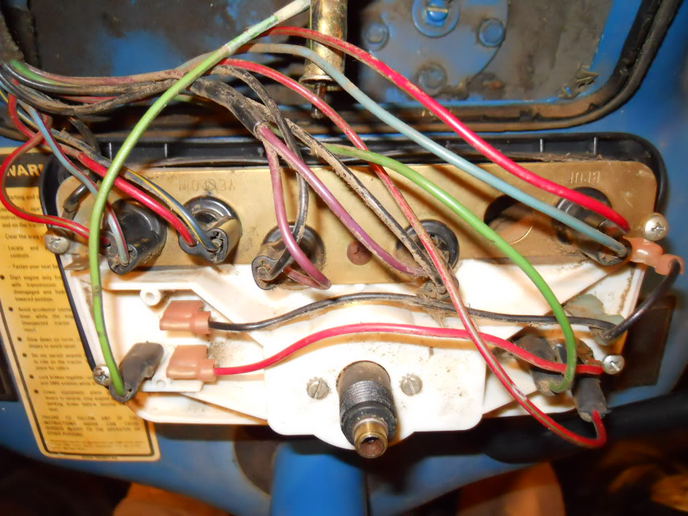Ford 3000 Tractor Wiring Harness Diagram
When it comes to working on a Ford 3000 tractor, having a clear understanding of the wiring harness diagram is essential. The wiring harness diagram serves as a road map for the electrical system of the tractor, helping mechanics and enthusiasts navigate the various components and connections. In this article, we will explore the importance of Ford 3000 Tractor Wiring Harness Diagram and how to effectively interpret and use them.
Importance of Ford 3000 Tractor Wiring Harness Diagram
- Provides a visual representation of the electrical system
- Helps in identifying components and their connections
- Aids in troubleshooting electrical issues
- Ensures proper installation of new components
Reading and Interpreting Ford 3000 Tractor Wiring Harness Diagram
Reading a wiring harness diagram may seem daunting at first, but with a little practice, it becomes easier to understand. Here are some tips to effectively read and interpret the diagram:
- Identify the key components such as battery, ignition switch, lights, etc.
- Follow the lines to see how the components are connected
- Refer to the legend or key for symbols and color codes
- Pay attention to the direction of current flow
Using Wiring Diagrams for Troubleshooting
When faced with electrical problems on your Ford 3000 tractor, the wiring harness diagram can be a valuable tool for troubleshooting. By following the diagram and checking the connections, you can pinpoint the issue and make the necessary repairs. Here are some ways to use the diagram for troubleshooting:
- Check for loose or damaged connections
- Test the continuity of wires using a multimeter
- Compare the actual wiring with the diagram for discrepancies
Importance of Safety
Working with electrical systems can be hazardous if proper precautions are not taken. Here are some safety tips to keep in mind when using wiring diagrams:
- Always disconnect the battery before working on the electrical system
- Avoid working on the wiring harness in wet or damp conditions
- Use insulated tools to prevent electrical shocks
- If in doubt, consult a professional mechanic or electrician
Ford 3000 Tractor Wiring Harness Diagram
ford 3000 tractor wiring diagram – Wiring Digital and Schematic

Ford 3000 Instrument Panel Wiring – Yesterday's Tractors

Ford 3000 Tractor Wiring Harness Diagram

Ford 3000 tractor wiring diagrams

Demystifying the Ford Tractor Wiring Harness Diagram: Step-by-Step
